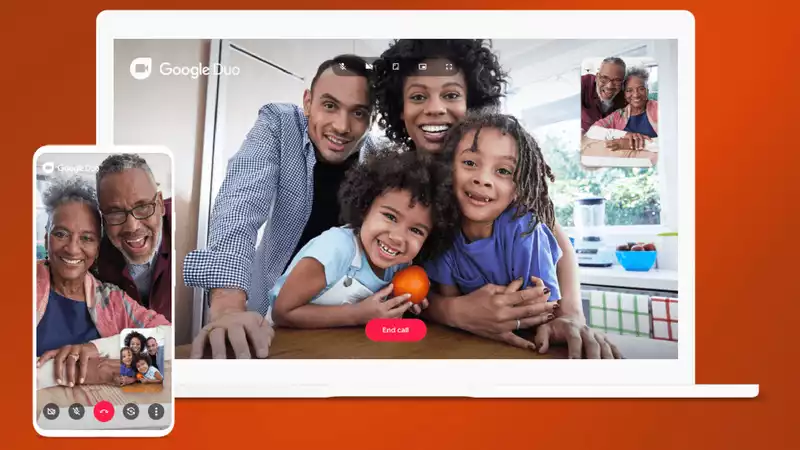A bad Internet connection can ruin a video call and turn a group chat into a frustrating mess of glitches, hang-ups, and dropouts But Google Duo is trying to tackle that with the power of artificial intelligence
Announced in a post on the Google AI Blog, a new voice codec called Lyra is set to improve voice communication by compressing a user's voice to a lower bit rate "even on the slowest networks" This essentially means less chance of glitches, dropouts, and freezes, and fewer interruptions to video calls
The LYRA mechanism, which aims to reduce data usage and minimize latency when compressing and transmitting voice signals, is surprisingly not very complex
Every 40 milliseconds, the codec extracts salient features or "distinctive audio attributes" from the user and "compresses" them for transmission The encoded features are used by the receiver to reproduce the speech signal using Lyra's generative model According to Google, "Since Lyra's inception, our mission has been to provide the highest quality audio using bit-rate data at a fraction of the cost of alternatives"
For reference, Opus, one of the most common voice codecs, is designed to achieve crystal clear voice quality at 32 kbps (kilobits per second), which can be reduced to 6 kbps if necessary, with noticeably worse quality In contrast, Lyra operates at only 3 kbps, significantly reducing overall data usage
Google's listening tests also claim that "Lyra outperforms any other codec at its bitrate and compares favorably with Opus at 8 kbps, thus achieving over 60% reduction in bandwidth"
In several audio examples included in the blog post, one can clearly hear the dramatic improvement in quality when using Lyra at 3 kbps versus Opus' 6 kbps
This ultimately means that users suffering from inconsistent internet speeds will see an immediate improvement in call quality when using Google Duo on an Android or iOS device It is unclear, however, when exactly Lyra will be widely available
To ensure better performance, Lyra is constantly being trained by machine learning using countless hours of voice data The speech is produced by speakers fluent in more than 70 languages to allow for wider international use
Google's blog notes that in addition to constantly improving Lyra, the team is exploring ways to use the same technology to improve other codecs in the future










Comments